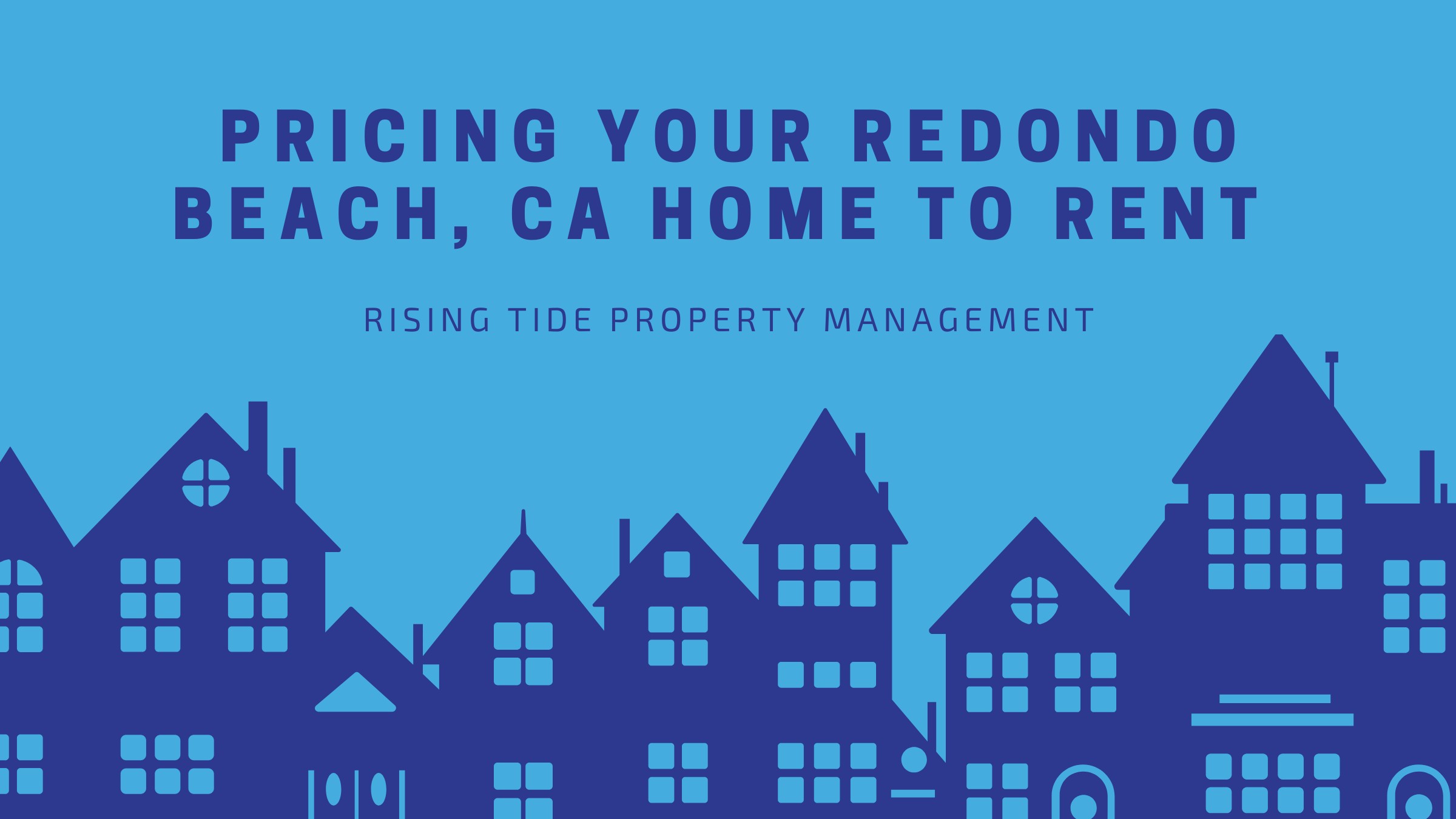Pricing Your Redondo Beach, CA Home to Rent
Renting out your home in Redondo Beach, CA, can be an excellent way to generate passive income and build long-term wealth. However, determining the right rental price is one of the most critical factors for success. A poorly priced property, whether too high or too low, can lead to financial losses, extended vacancies, or challenges with tenant retention.
This guide will walk you through the essential steps for pricing your rental home effectively, exploring factors such as market trends, property features, and financial goals.
Understanding the Redondo Beach Rental Market
Redondo Beach is one of the most desirable areas in Los Angeles County. Known for its scenic coastline, vibrant community, and proximity to major employment centers, it consistently attracts renters looking for quality well-maintained homes. However, rental demand and pricing fluctuate based on several factors:
1. Neighborhood and Location
The rental price will vary depending on whether your property is located in North Redondo Beach or South Redondo Beach. Properties closer to the beach, shopping districts, and top-rated schools generally command higher rents.
2. Comparable Rentals
Analyzing similar rental properties in your neighborhood is essential. Look for homes that match yours in terms of:
- Square footage
- Number of bedrooms and bathrooms
- Property condition and upgrades
- Proximity to amenities (beaches, parks, schools, shopping centers)
Online platforms and local real estate listings can offer valuable insights. However, these platforms often display asking rents, and not finalized lease agreements, which can lead to overestimations.
3. Seasonal Trends
Rental demand in beach cities like Redondo Beach often peaks in spring and summer, driven by people looking to relocate before the school year starts and the overall appeal of coastal living during warmer months. Listing your property during peak seasons often allows for better pricing.
4. Unique Property Features
Properties with ocean views, private balconies, updated kitchens, energy-efficient appliances, or outdoor spaces can justify a higher rent. Conversely, older properties with outdated interiors, limited parking, or maintenance concerns may require price adjustments.
Calculating Your Expenses and ROI
Accurate rental pricing isn’t solely about market demand, it also requires a clear understanding of your financial obligations and desired profit margins.
1. Fixed and Variable Costs
Start by accounting for your recurring expenses, which may include:
- Mortgage payments
- Property taxes
- Landlord insurance policies
- HOA fees (if applicable)
- Ongoing maintenance and repairs
- Vacancy reserves
It’s wise to allocate a portion of your rental income to cover unexpected repairs or potential vacancy periods.
2. Return on Investment (ROI)
After covering all costs, determine your desired profit margin. Rental property owners often aim for an annual ROI between 5% and 10%, though this can vary based on your property and financial goals.
3. Long-Term Value
Pricing your property slightly below the top market range can sometimes lead to longer tenant retention, reducing turnover costs and vacancies over time.
The Pitfalls of Incorrect Pricing
Overpricing Risks
- Prolonged vacancy periods
- Attracting fewer tenant applications
- Higher tenant turnover due to dissatisfaction with value
Underpricing Risks
- Reduced rental income and profitability
- Attracting tenants who may not meet long-term expectations
- Difficulty increasing rent in future lease renewals
Finding the perfect balance requires research, analysis, and sometimes, professional assistance.
The Role of a Professional Property Management Company
While landlords can manage pricing and leasing independently, working with a Professional Property Management Company offers significant advantages. Property managers bring expertise, efficiency, and resources that are difficult to replicate on your own.
1. Legal Compliance
California has some of the most complex landlord-tenant laws in the country, covering areas such as rent control, security deposits, and lease agreements. Property managers stay up-to-date with legal requirements, ensuring your lease terms are fully compliant.
2. Market Expertise and Accurate Pricing
Property management companies have access to advanced market analytics and real-time rental data. They can perform detailed rental analysis, ensuring your pricing is both competitive and profitable.
3. Marketing and Reduced Vacancy Rates
A vacant property represents lost income. Property managers know how to effectively market your rental using professional photos, detailed property descriptions, and multiple listing platforms. Their experience helps attract quality tenants faster, minimizing downtime.
4. Financial Management and Transparency
Property management companies handle rent collection, accounting, and financial reporting, providing detailed monthly statements so landlords can track their property’s performance.
5. Comprehensive Tenant Screening
Finding reliable tenants is essential to maintaining a profitable rental property. Property managers use robust screening processes to evaluate tenant applications, including background checks, employment verification, rental history, and credit analysis.
6. Efficient Property Maintenance and Repairs
Timely maintenance prevents small issues from turning into costly repairs. Property managers have trusted vendor networks and often secure better rates for repairs and maintenance services.
7. Time and Stress Savings
Managing a rental property can quickly become a full-time job. Partnering with a professional property manager allows landlords to enjoy passive income without day-to-day hassles.
Adjusting Rent Over Time
Pricing your rental isn’t a one-time task, it requires ongoing evaluation and adjustments based on market conditions and property changes.
When to Adjust Rent
- Lease Renewal Periods: It’s standard practice to reassess rental rates when leases are up for renewal.
- Significant Upgrades: Property improvements, like renovated kitchens or energy-efficient appliances, may justify a rent increase.
- Market Fluctuations: Stay informed about broader market trends and adjust accordingly.
Property managers can monitor these factors regularly and advise on optimal pricing adjustments.
Bottom Line
Pricing your Redondo Beach home for rent is a critical process that demands careful planning, in-depth market knowledge, and thorough financial analysis. While landlords can handle this task on their own, partnering with Rising Tide Property Management can significantly enhance your outcomes, reduce stress, and help you maximize your rental income.
At Rising Tide Property Management, we specialize in setting competitive rental prices, analyzing market trends, and ensuring your property remains both profitable and well-maintained. Whether you’re a first-time landlord or an experienced investor, our professional expertise and strategic approach are key to achieving long-term success with your rental property.




